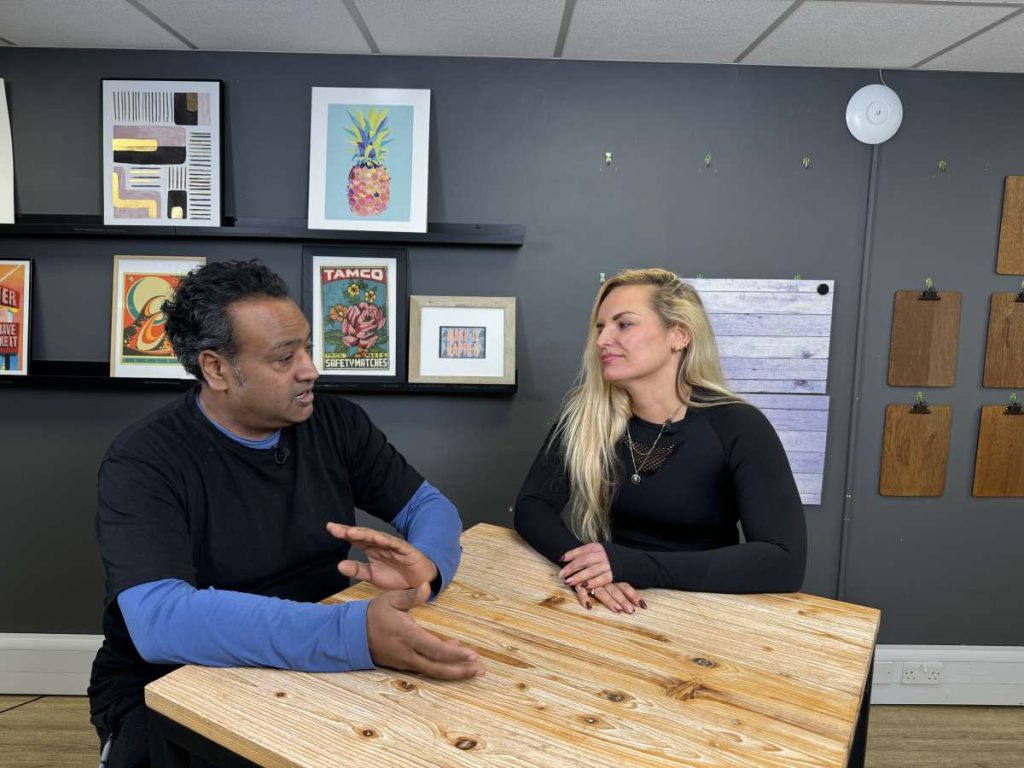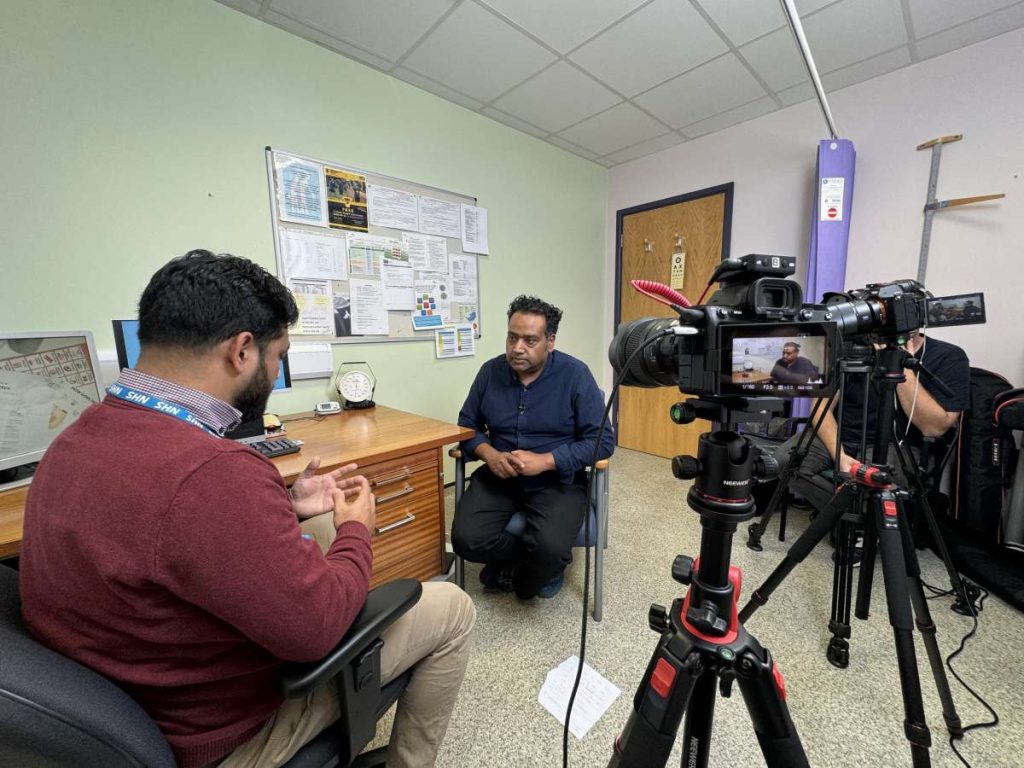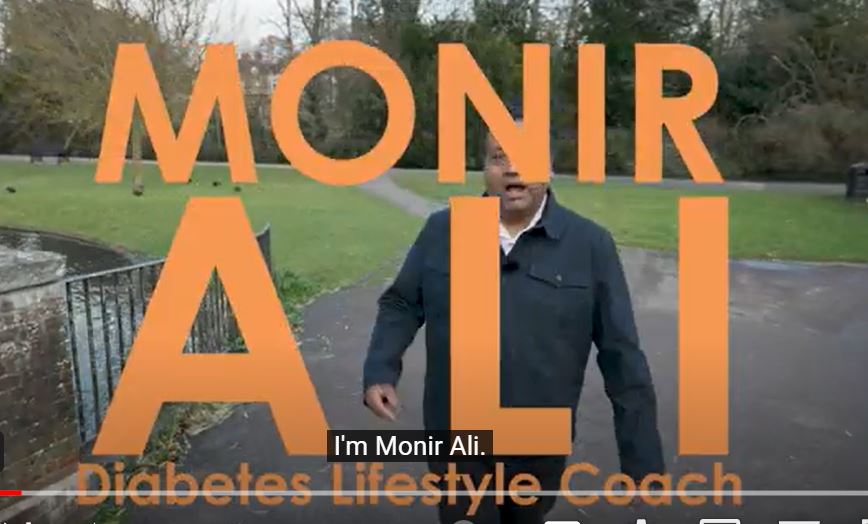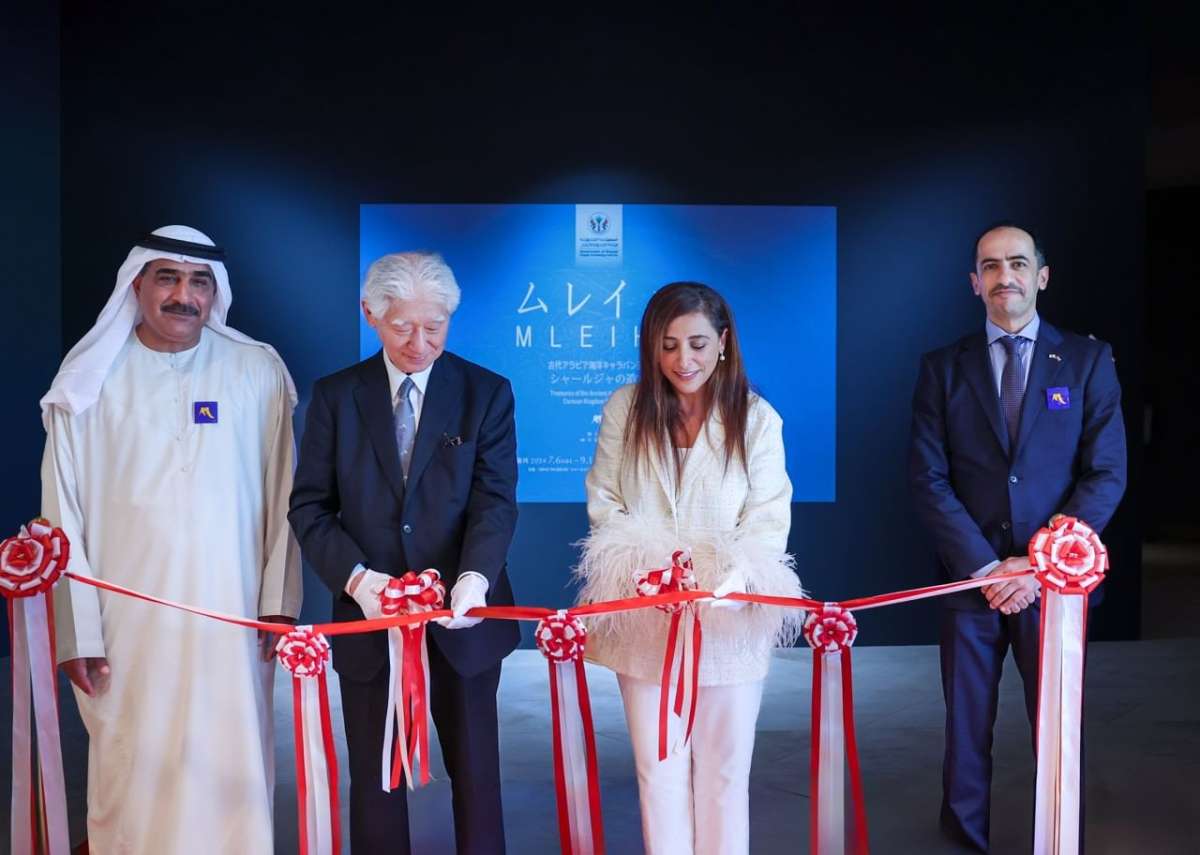Type 2 Diabetes is a long-term health condition that causes a person’s blood sugar level to become too high, which can damage organs such as the eyes and kidneys and lead to other serious health issues…reports Asian Lite News
A series of six short films produced and presented by The Adda Club, featuring lifestyle coach Monir Ali, who was diagnosed with type 2 diabetes in 2016, aims to inspire people to turn their type 2 diabetes around.
The films, available in English and with subtitles in Bengali, Hindi, Gujarati, Urdu, Arabic and Punjabi, – cover a range of topics, including diet, exercise and lifestyle.
People from Indian, Pakistani, Bangladeshi backgrounds are at a higher risk of developing type 2 diabetes from a younger age. In the UK around 420,000 people from a South Asian background have been diagnosed with Type 2 diabetes, and that number is set to grow over the next 10 years. With these films Monir wanted to help others in his community better manage their diabetes, or even get to the stage where their diabetes is ‘reversed’, although the message and advice applies to everyone.
Type 2 Diabetes is a long-term health condition that causes a person’s blood sugar level to become too high, which can damage organs such as the eyes and kidneys and lead to other serious health issues.

In the videos he talks to a range of experts, including a GP, nutritionist and personal trainer to learn about what causes diabetes and how to better manage the condition. The videos show that a series of small lifestyle changes can help people better control their type 2 diabetes and prevent the condition becoming potentially fatal. Thanks to the steps Monir has taken, his own condition has been now been reversed back to “pre-diabetic.”

Monir says: “I’ve always struggled with my weight and then when I was diagnosed with diabetes in 2016, I found the advice and information was confusing and didn’t really resonate with me or my cultural lifestyle. Since my diagnosis, I have discovered what needs to be done to ensure my condition didn’t get worse, by using what I have learnt, I have moved from diabetic to pre-diabetic, and now as a type 2 diabetes lifestyle coach, I want to show people that changing how you think about yourself and your health, can help you take back control of your diabetes. I want people to watch these films, listen and learn from the professionals and then crucially, take action and kickstart their own journey to better health. What are you waiting for?”
Dr Jane Halpin, Chief Executive of Hertfordshire and West Essex ICB, said “These short films are a fantastic resource for people with diabetes, particularly those from south Asian communities, and I hope they will inspire people to make the small changes to their lifestyle needed to better manage their health.” The six videos can be viewed on the ICB website.














